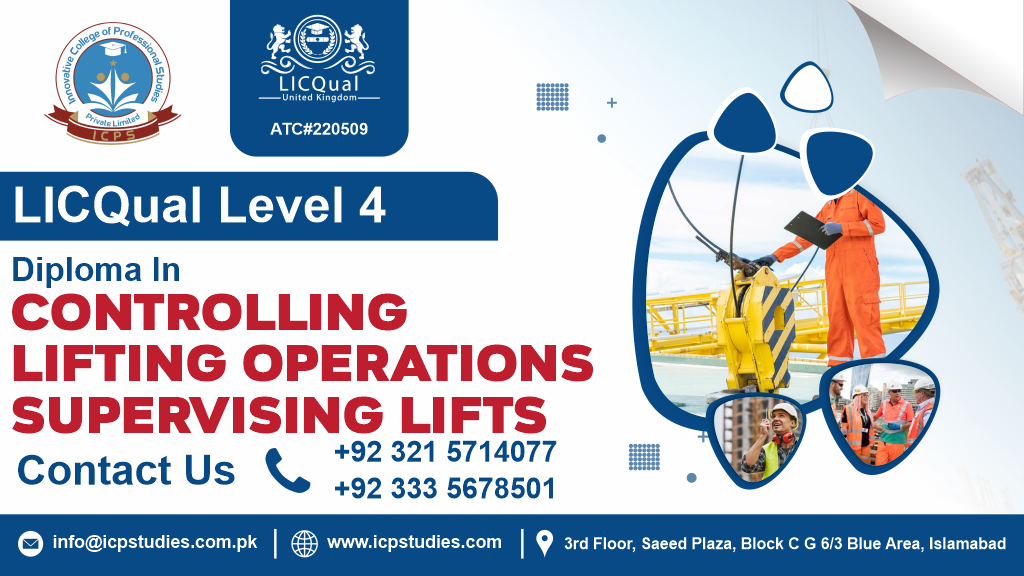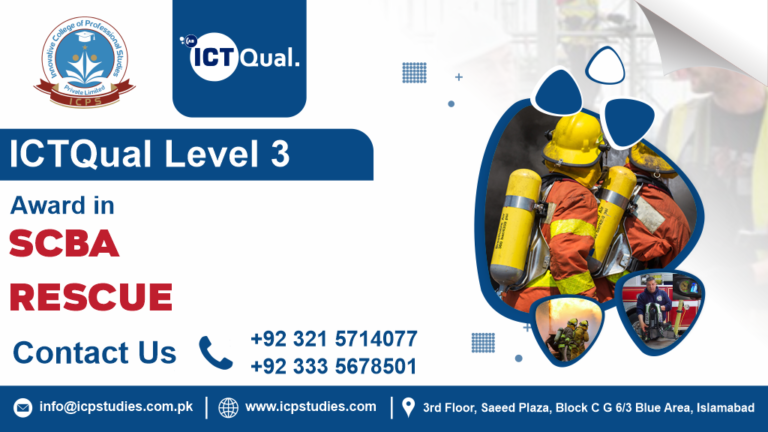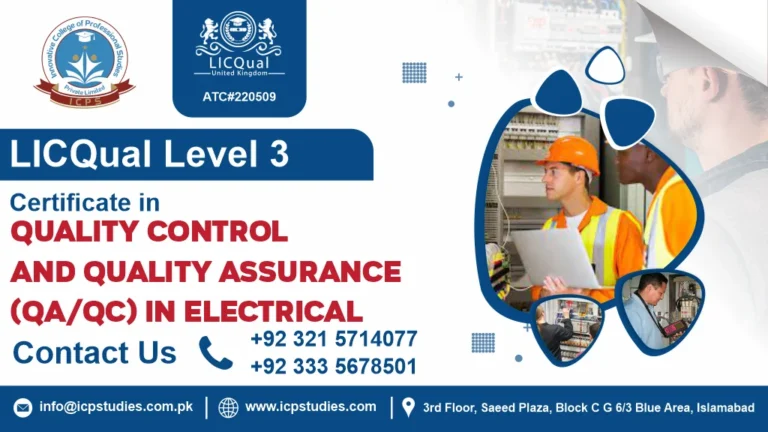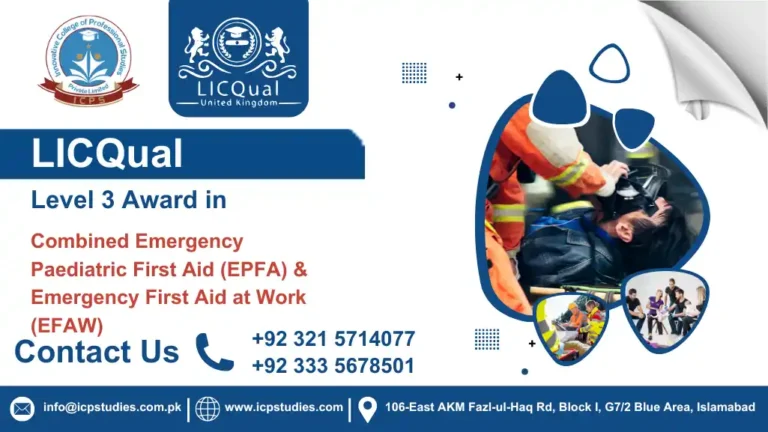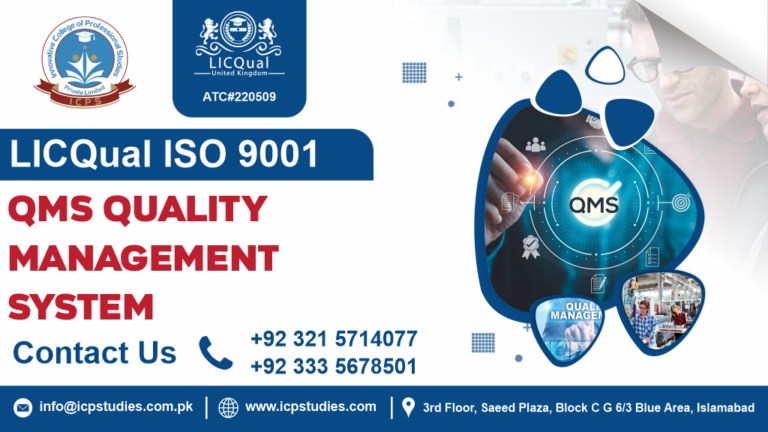In the realm of construction and heavy industries, the art of crane operation stands as a cornerstone. The safe and efficient movement of heavy loads is not just a task but a specialized skill that demands precision, knowledge, and adherence to stringent safety protocols. For those seeking to elevate their expertise in this crucial field, the Level 4 Diploma in Controlling Lifting Operations – Supervising Lifts offers a comprehensive pathway towards mastery.
The Level 4 Diploma in Controlling Lifting Operations – Supervising Lifts is designed to equip individuals with the expertise to supervise lifting operations safely and efficiently. Developed to meet the demands of modern industries, this diploma covers a wide array of topics essential for crane operation and supervision.
Level 4 Diploma in Controlling Lifting Operations – Supervising Lifts stands as a beacon of excellence. By equipping individuals with the knowledge and skills to supervise lifting operations effectively, this diploma not only elevates the expertise of crane operators but also contributes to a safer and more efficient work environment. For those seeking to master the art of crane operations and advance their careers in the heavy industries sector, this diploma is indeed a pathway to success.
All About Level 4 Diploma in Controlling Lifting Operations –Supervising Lifts
Course Overview
The Level 4 Diploma in Controlling Lifting Operations – Supervising Lifts is a specialized qualification designed to provide individuals with the necessary knowledge and skills to supervise lifting operations safely and efficiently. It is typically targeted towards professionals working in industries where crane operations are common, such as construction, manufacturing, logistics, and maritime sectors.
Level 4 Diploma in Controlling Lifting Operations – Supervising Lifts, individuals are equipped with the expertise to supervise lifting teams, coordinate operations, and maintain a safe working environment. This qualification not only enhances their career prospects but also contributes to the overall safety and efficiency of lifting operations within their respective industries.
Study Units
- To enroll in the Level 4 Diploma in Controlling Lifting Operations – Supervising Lifts, candidates should meet the following entry requirements:
- Relevant Work Experience: A minimum of two years of experience in lifting operations or a related field is typically required.
- Level 3 Qualification: Candidates should hold a Level 3 qualification in a related discipline (such as a Level 3 Diploma in Occupational Health and Safety) or an equivalent credential.
- Understanding of Lifting Operations: Familiarity with lifting equipment, safety regulations, and lifting techniques is essential.
- Educational Background: A high school diploma or equivalent is preferred; relevant vocational qualifications may also be accepted.
- Age Requirement: Participants must be at least 18 years old.
- Language Proficiency: Proficiency in the language of instruction is necessary for effective comprehension of course materials.
- Commitment to Safety: A demonstrated interest in promoting and improving safety practices in lifting operations.
- These requirements ensure that candidates are adequately prepared to engage with the advanced content of the course and apply their knowledge in supervising lifting operations effectively.
The Level 4 Diploma in Controlling Lifting Operations – Supervising Lifts course is designed for a range of professionals, including:
- Lifting Supervisors: Individuals responsible for overseeing lifting operations and ensuring compliance with safety protocols.
- Site Managers: Professionals managing construction or industrial sites where lifting operations are conducted.
- Health and Safety Officers: Staff focused on ensuring safe practices related to lifting and handling equipment.
- Project Managers: Individuals coordinating projects that involve lifting operations, requiring advanced knowledge of safety and planning.
- Crane Operators: Those looking to enhance their supervisory skills and understanding of lifting operations.
- Training Personnel: Individuals involved in training others on lifting operation safety and procedures.
- Engineers and Technical Specialists: Professionals seeking to deepen their understanding of supervising lifting operations in various industries.
This course is ideal for anyone aiming to advance their knowledge and skills in supervising and managing lifting operations safely and effectively.
Learning Outcomes
- Crane Operators Seeking Advancement: Crane operators looking to progress in their careers and take on supervisory roles within their organizations can benefit greatly from this diploma. It provides them with the knowledge and skills necessary to effectively supervise lifting operations and coordinate teams.
- Lifting Technicians and Riggers: Professionals working as lifting technicians or riggers who are responsible for rigging and hoisting operations can enhance their expertise by undertaking this diploma. It equips them with the necessary competencies to oversee lifting activities safely and efficiently.
- Construction Industry Professionals: Individuals working in the construction industry, including site managers, project engineers, and safety officers, can benefit from this course. It enables them to understand the principles of lifting operations supervision and ensure compliance with health and safety regulations on construction sites.
- Manufacturing and Logistics Personnel: Professionals involved in manufacturing, warehousing, and logistics operations where lifting equipment is utilized can gain valuable insights from this diploma. It equips them with the skills to supervise lifting operations, optimize efficiency, and minimize risks associated with material handling.
- Safety and Compliance Officers: Safety and compliance officers responsible for overseeing lifting operations within organizations can benefit from this course. It provides them with a deeper understanding of risk assessment, regulatory requirements, and incident management protocols related to lifting activities.
- Career Changers and Aspiring Professionals: Individuals looking to enter the field of crane operations and lifting supervision can use this diploma as a stepping stone. It offers them a comprehensive understanding of lifting equipment, safety protocols, and supervisory skills necessary to succeed in the industry.
Overall, the Level 4 Diploma in Controlling Lifting Operations – Supervising Lifts caters to a diverse range of professionals seeking to enhance their knowledge, skills, and career prospects in the field of lifting operations supervision. Whether they are seasoned crane operators aiming for career advancement or newcomers aspiring to enter the industry, this course provides them with the essential competencies to excel in their roles.
FAQs about Level 4 Diploma in Controlling Lifting Operations –Supervising Lifts

